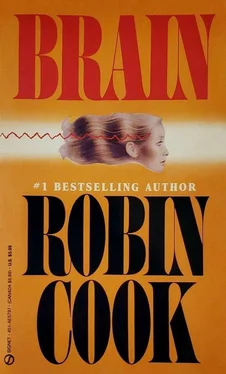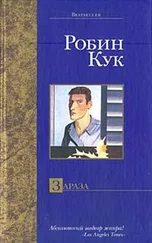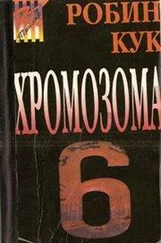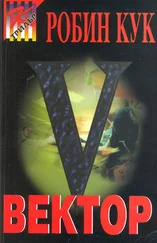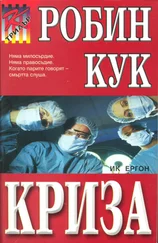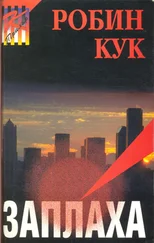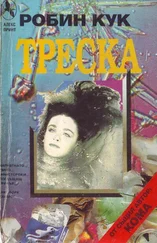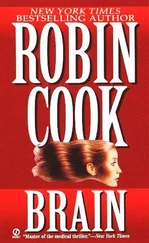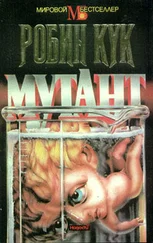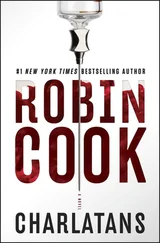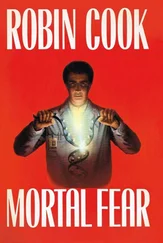“You go up to the Cloisters and you walk around. If anybody asks you who you are, you say, Philips.”
“Let me see the ten bucks.”
Philips produced the money.
“How about me?” said one of the older men, getting to his feet with difficulty.
“Shut up, Jack,” said the younger. “What’s your whole name, mister?”
“Martin Philips.”
“Okay, Martin, you got a deal.”
Taking off his coat and his hat, Philips made the man put them on, pulling the hat well down. Then Martin took the bum’s coat and reluctantly put his arms into the sleeves. It was an old shabby chesterfield with a narrow velvet lapel. In the pocket was part of a sandwich without a wrapper.
Despite Martin’s objections, the other two men insisted on coming along. They laughed and joked until Philips said the whole deal was off if they didn’t shut up.
“Should I walk real straight?” asked the younger fellow.
“Yes,” said Martin, who was having second thoughts about the masquerade. The path approached the courtyard below the main driveway. There was a steep incline just before the cobblestoned area with a bench at the top for tired pedestrians. The stone wall bordering the entrance ended abruptly at the intersection. Directly across was the main doorway to the Cloisters itself.
“Okay,” whispered Martin. “Just walk over to that door, try to open it, then walk back, and the ten spot is yours.”
“How do you know I’m not going to just run away with your hat and coat,” said the younger fellow.
“I’ll take the chance. Besides, I’d catch you,” said Philips.
“What’s your name again?”
“Philips. Martin Philips.”
The tramp pulled Philips’ hat even lower on his forehead so that he had to tilt his head back to see. He started up the incline but lost his balance. Martin gave him a shove in the small of the back and he pitched forward and catwalked on his hands and feet up to the level of the drive.
Martin inched up the incline until his eye line was just above the stone wall. The tramp had already crossed the roadway and had reached the cobblestones, the irregular surface momentarily causing him to lose his balance, but he caught himself before he fell. He skirted the central island, which served as a bus stop, and made his way over to the wooden door. “Anybody home?” he yelled. His voice echoed in the courtyard. He stumbled out into the center of the yard and shouted: “I’m Martin Philips.”
There was no sound except a light patter of rain, which had just begun. The ancient monastery, with its roughhewn ramparts, gave the scene an unreal, timeless quality. Martin wondered again if he was the victim of a giant hallucination.
Suddenly, a shot shattered the quiet. The tramp in the courtyard was lifted off his feet and dashed to the granite paving. The effect was the same as a high velocity shell hitting a ripe melon. The entrance of the bullet was a surgical incision; the exit was a horrid tearing force that took away most of the man’s face and scattered it over a thirty-foot arc.
Philips and his two companions were stunned. When they realized that someone had shot the tramp, they turned and fled, falling over each other down the precipitous incline that fell away from the monastery.
Never had Martin felt such desperation. Even when he’d run from Werner’s, he hadn’t experienced such fear. Any second he expected to hear the rifle again and feel the searing pain of a deadly bullet. He knew that whoever was after him would check the body in the courtyard and immediately realize the mistake. He had to get away.
But the rocky hillside was a danger in itself. Philips’ foot snagged and he fell headlong, just missing an outcropping. As he pulled himself up, he saw a path veering off to the right. Pushing away the underbrush, he made his way toward it.
A second shot was followed by an agonizing scream. Philips’ heart leaped into his mouth. Once clear of the forest he ran as fast as possible, hurling himself down the walkway into the darkness.
Before he realized what was happening, he had launched himself into the air at the top of a stairway. It seemed like an incredibly long time before he hit the ground again. Instinctively, he fell forward to absorb the shock, tucking his head under and doing a somersault, like a gymnast. He ended up on his back, and sat up, dazed. From behind, he could hear running footsteps on the walkway, so he forced himself to his feet. He ran on, struggling against dizziness.
This time, he saw the stairs in time, and slowed. He took the steps in threes and fours, then ran on with rubbery legs. The path intersected another, crossing at right angles. It came up so quickly that Martin had no time to decide whether to change his direction.
At the next intersection, Martin’s path ended, forcing him to hesitate for a moment. Below and to the right he could see the forest ended. At the edge of the trees there was some sort of balcony with a cement balustrade. Suddenly, Philips heard footsteps again and this time it sounded like more than one person. There was no time to think. He turned and raced down to the balcony. Below him, stretching out about a hundred yards, was a cement playground with swings and benches and a central depression that was probably a wading pool in the summer. Beyond the playground was a city street and Martin saw a yellow cab go by.
Hearing the running steps draw closer, he forced himself down the wide cement stairs that descended from the side of the balcony to the playground. It was only then, hearing the pounding footsteps drawing closer, that he realized he could not get across the open area before whoever it was behind him reached the balcony. He’d be exposed.
Quickly he ducked into the dark recess beneath the balcony, mindless of the stench of old urine. At that moment, he heard labored feet reach the roof. He stumbled blindly back until he hit up against a wall. Turning, he allowed himself to slowly sink to a sitting position, trying to control his loud gasping for breath.
The columns supporting the balcony stood out against the dim image of the playground. A few lights could be seen in the city beyond. The heavy footsteps ran across the roof, then descended the stairs. Abruptly, a dark ragged figure whose frantic wheezing breath carried back to Martin was clearly silhouetted as the man stumbled out into the playground, heading for the street beyond.
A series of lighter steps sounded on the balcony above. Philips heard muffled words. Then silence. Ahead the figure was cutting diagonally across the wading pool.
The rifle spoke sharply above Philips and simultaneously the fleeing figure in the playground was sent crashing on its face. Once it hit the cement, it didn’t move. The man had been killed instantly.
Martin resigned himself to fate. Further flight was impossible. He was cornered like a fox after a chase. All that was left was the coup de grace. If he hadn’t been so exhausted, maybe he would have thought of resisting but, as it was, he just stayed still, listening to light footsteps cross the balcony and start down the stairs.
Expecting to see silhouetted figures appear momentarily within the frames of the columns in front of him, Philips waited, holding his breath.
Denise Sanger woke up in one instant. She lay there unmoving, scarcely breathing while she listened to the sounds of the night. She could feel the pulse at her temples, hammering away from the adrenaline that had been pumped into her system. She knew that she’d been awakened by some foreign noise but it was not repeated. All she could hear was the rumbling of her ancient refrigerator. Her breathing slowly returned to normal. Even her refrigerator, with a final thump, kicked off, leaving the apartment in silence.
Читать дальше
